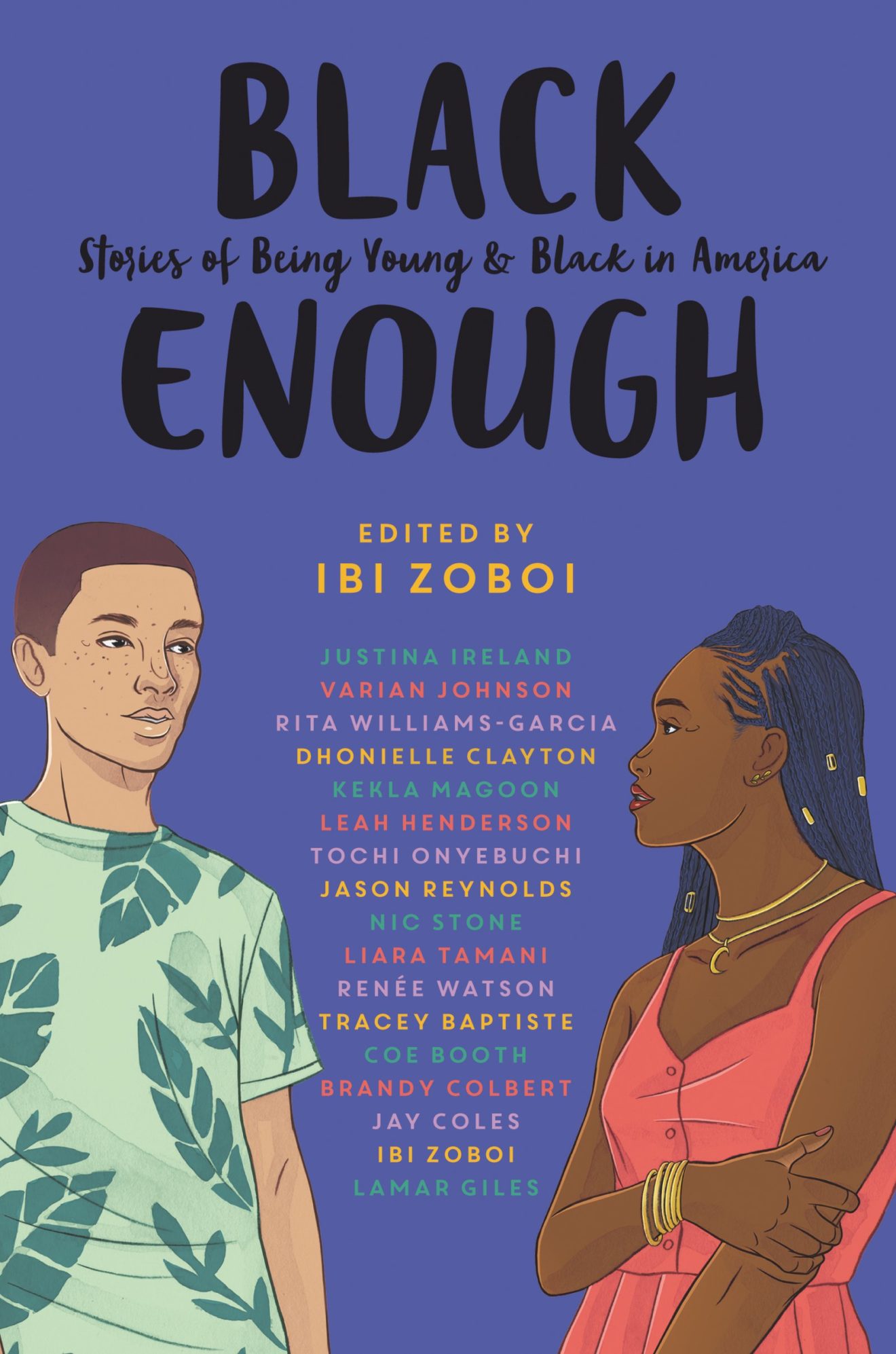

Teaching Black fear should not be confused with Black oppression but rather an amplification of Black humanity. history would be to acknowledge that the events we celebrate as progress did not eradicate the foundations of anti-Blackness on which this country was built. history suggests that over time, conditions have improved for everyone, and the goal of this narrative is to distance the present from the oppressive systems on which this country was founded. history because teaching Black fear sits in tension with the narrative that U.S. What I found is that Black fear is not taught in U.S. history standards portray emotions, with a specific focus on fear. history until I decided to analyze how U.S.

history classroom.Īs a former high school social studies teacher and now social studies teacher educator and researcher, I never understood the role of fear in U.S.

In that political context, it’s no wonder that Black fear is still rarely taught in U.S. Today, politicians across the country are trying-and in many states succeeding-to remove discussions of race and racism from history curricula for fear that white children will feel guilty to think of themselves as oppressors. However, my work as a teacher and a researcher suggests that more attention should be given to fear-specifically Black fear-when teaching U.S. As a Black woman living in a world where being Black is scary enough, I certainly try to avoid situations that elicit fear. Unless someone is watching a horror movie, going to a haunted house, or thrill-seeking, I do not know many people who wake up seeking to be scared or afraid. Of all the possible human emotions that exist, fear might be the one we least want to experience.


 0 kommentar(er)
0 kommentar(er)
